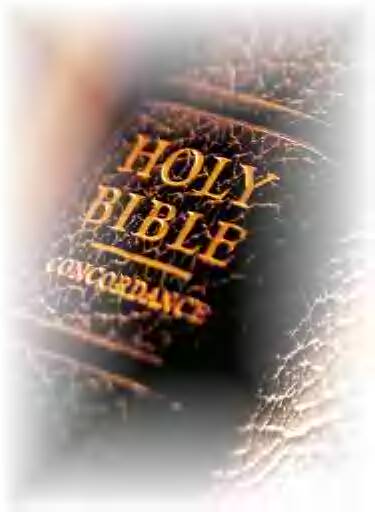2 Timothy 3:1-17
Lesson 409
Read both the "King James Bible" and the "New Living Translation."
In this lesson:
Dangerous days.
A portrait of those who have tried to corrupt the Gospel through the ages.
From one false teacher to another.
Persecution (3:10-13).
Why we study the Bible (3:16-17).
Map showing Antioch (in Pisidian), Iconium, and Lystra.
Where was -
Antioch -
A prominent city in the Pisidia region ninety miles northwest of Iconium and one hundred miles north of Perga. Founded by the Macedonian Greek general Seleucus Nicator in 300 BC, Antioch became a vital part of the Roman empire. The city sat on the busy trade route between Ephesus and the Cilician Gates, a pass through the Taurus Mountains. As a result, Antioch became a leading trade center. Antioch's large Jewish population persecuted Paul and Barnabas and drove them out of the city in Acts 13:50 (lesson 251). Archeologists have extensively explored the ruins of Antioch. Not to be confused with the more well-known Antioch in Syria.
Iconium -
The capital of ancient Lycaonia is located at the foot of Mount Taurus ninety miles southeast of Antioch at Pisidian and one hundred twenty miles north of the Mediterranean Sea. In biblical times, Iconium had a mixed population of Phrygians, Romans, Greeks, and Jews. While teaching in Iconium, Paul learned of a plot to stone him and was forced to flee (Acts 14:1-6). Today Iconium is part of Turkey and is called Konya.
Lystra -
Timothy's hometown. Lystra was a small Roman city in Asia Minor eighteen miles southeast of Iconium. Paul preached the Gospel, healed the lame (Acts 14:8-10), and converted many people in Lystra, including Timothy. After he healed a lame man, many in Lystra believed Paul was the pagan God Mercury and Barnabas was Jupiter and tried to worship them (Acts 14:12-18). Later, the Jews who drove Paul and Barnabas out of Antioch and Iconium tracked him down in Lystra,
and stoned him, leaving Paul for dead (Acts 4:19; 2 Timothy 3:11). Paul survived, went to Derbe but ignored the danger and soon returned (Acts 14:21).
Antioch -
A prominent city in the Pisidia region ninety miles northwest of Iconium and one hundred miles north of Perga. Founded by the Macedonian Greek general Seleucus Nicator in 300 BC, Antioch became a vital part of the Roman empire. The city sat on the busy trade route between Ephesus and the Cilician Gates, a pass through the Taurus Mountains. As a result, Antioch became a leading trade center. Antioch's large Jewish population persecuted Paul and Barnabas and drove them out of the city in Acts 13:50 (lesson 251). Archeologists have extensively explored the ruins of Antioch. Not to be confused with the more well-known Antioch in Syria.
Iconium -
The capital of ancient Lycaonia is located at the foot of Mount Taurus ninety miles southeast of Antioch at Pisidian and one hundred twenty miles north of the Mediterranean Sea. In biblical times, Iconium had a mixed population of Phrygians, Romans, Greeks, and Jews. While teaching in Iconium, Paul learned of a plot to stone him and was forced to flee (Acts 14:1-6). Today Iconium is part of Turkey and is called Konya.
Lystra -
Timothy's hometown. Lystra was a small Roman city in Asia Minor eighteen miles southeast of Iconium. Paul preached the Gospel, healed the lame (Acts 14:8-10), and converted many people in Lystra, including Timothy. After he healed a lame man, many in Lystra believed Paul was the pagan God Mercury and Barnabas was Jupiter and tried to worship them (Acts 14:12-18). Later, the Jews who drove Paul and Barnabas out of Antioch and Iconium tracked him down in Lystra,
and stoned him, leaving Paul for dead (Acts 4:19; 2 Timothy 3:11). Paul survived, went to Derbe but ignored the danger and soon returned (Acts 14:21).
Study Tip:
Concentrate on how you can apply each lesson to your life.
Concentrate on how you can apply each lesson to your life.











